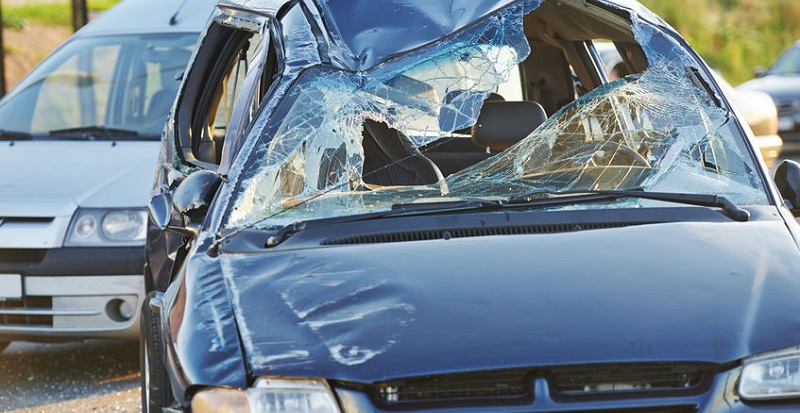Colorado and three other states that have legalized recreational marijuana usage have 6 percent more traffic accident insurance claims than neighboring states where the drug is still illegal for most uses, according to a new report by the Insurance Institute for Highway Safety.
Collisions in Open States Outpacing Neighbors
Legalizing marijuana for recreational purposes may be showing its cost in Colorado and three other states where it’s legal to use the controlled substance.
A new study by the Insurance Institute for Highway Safety (IIHS), the private safety lab best known for its Top Safety Pick and Top Safety Pick Plus designations for new cars, and the Highway Loss Data Institute (HLDI) shows that crash insurance claims are as much as 6 percent higher in Colorado, Nevada, Oregon, and Washington than in neighboring states where marijuana is still illegal for most purposes.
New Report Groups Colorado Statistics With Other States’
The new analysis pools data from the permitting states and compares it to the combined numbers of the benchmark states — Idaho, Montana, Utah, and Wyoming.
The report builds on an earlier IIHS study that looked at crashes reported by police from 2012 to 2016, before and after retail sales started in Colorado, Oregon, and Washington. That report showed a 5.2 percent increase in auto accidents in Colorado and other states that legalized pot, compared with their neighbors’ crash rates.
Based on insurance claims, the new report adds another year of crash data and another state. Nevada legalized recreational marijuana on Jan. 1, 2017, and consequently moved from IIHS’ group of anti-pot states to the permissive states under analysis. The study compensated for differences in population, unemployment, and even weather between the states. However, the study couldn’t compensate for all differences, such as the limits for daily purchases and the ability of residents to grow their own marijuana.
To emphasize the consistency of the trend and underscore the validity of the new study, the researchers also cited an earlier HLDI report that illustrated cannabis’ effects on road safety another way. That report found a 2.7 percent increase in the frequency of crash claims in Colorado, Oregon, and Washington as compared to neighboring states without legal marijuana. The referenced counted the number of crash claims in relation to the states’ numbers of insured cars and trucks.
Report Pushes Back Against Legalization Trend
IIHS chose to release the report as political campaigns to decriminalize marijuana have gained ground across the United States and Canada. The U.S.’s neighbor to the north began allowing recreational use of marijuana in all of its provinces in October.
The study also came out two days after the National Transportation Board released its report on a fatal Texas bus crash that was linked to marijuana usage, Bloomberg news writer Ryan Beene reported. With the results, the federal agency called for better tools for law enforcement and more consistent testing and reporting of marijuana’s part in accidents.
Hazy Data Surrounding Legalized Cannabis
IIHS admits that the role marijuana plays in crashes isn’t as clear as the connection between alcohol and car accidents. Police investigating crashes test for alcohol use more often than for drug use. Police in different states use different procedures and standards to test for pot use in those crashes. As a result, the states cannot provide data on marijuana and accidents that is consistent from place to place. Legal penalties and attitudes about marijuana usage by drivers are equally inconsistent.
IIHS and HLDI President David Harkey said the new analysis, however, shows a real connection between pot laws and public safety. Harkey said:
“The last thing in the world that we want is to introduce another legal substance where we may be adding to that toll and to the carnage on our highways. … With marijuana impairment, we’re just now starting to understand what we don’t know.”

